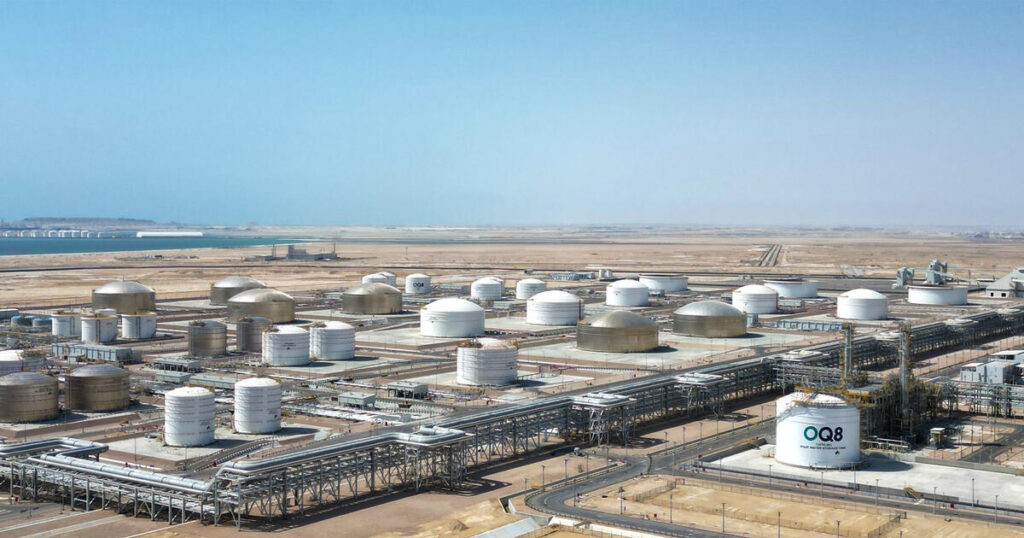10/02/2024
10/02/2024

OQ8, which opened its first refinery last week in Doqum, Oman, is a joint company between Kuwait and Oman, making it the first-ever Gulf state cooperation within the Gulf Cooperation Council. This first-of-its-kind collaboration between the Gulf countries will be written in history. The refinery costs about $9 billion, and it is 65 percent financed by international banks, while the rest is owned jointly by the two companies OQ8 Group and Kuwait Petroleum International or the two states Oman and Kuwait. The new refinery’s capacity is currently 200,000 barrels per day. It is located in the open Arab sea, which is open to both the west and the east. However, for the time being, the Asian markets are better in terms of prices and margins. Besides, it could lead to longer-term contracts with potential buyers of petroleum from the joint company.

Now each partner can sell its share separately. Kuwait will never have any problem in disposing of its entitlement in no time, as it has long-term arrangements with many companies in the east starting from Pakistan and India and to Japan and Korea. OQ8, which is a relatively young company, has the potential to grow and expand fast in developing its capacity by maybe doubling to reach 400,000 barrels per day in no time. What is more important is to incorporate petrochemical units at the earliest to bring in more profits and value to the refinery.
Nowadays refineries are without petrochemicals, and of no higher value, which is not the optimum case to make more money and be more attractive. What adds more value are creating, hiring, making room for fresh graduates to join the new refinery, giving them the opportunity in the newly developed business, and expanding on it for long-term generations. It is very important to find a well-known foreign petrochemical partner like Dow, Basf, or even some of the major oil companies that can operate and jointly share such a venture. We should not repeat the experience of AL Zour refinery in Kuwait, in terms of not having any petrochemical units to enhance and increase the profit margin. It will be beneficial to listen to all refiners to include petrochemical units in any new refinery. Lessons should be learned.
This applies to KPC and its refineries that are producing naphtha in our three refineries and selling as raw material, for instance as raw crude oil, instead of using this same product as raw material in producing ethylene and other top production as well as medical products. We have a long way to go but Kuwait’s oil industry is a leader in refining and joint ventures within the OPEC countries. Today, there are three joint refining operations in the world. It is an added value to our oil and refining business. OQ8 is a new name in the refining business and will be well known in no time, provided that we upgrade and install petrochemical units. Well done Oman and Kuwait on the new OQ8 joint venture. It is a unique example and experience for the Gulf Cooperation Council.
By Kamel Al-Harami
Independent Oil Analyst
Email: [email protected]


